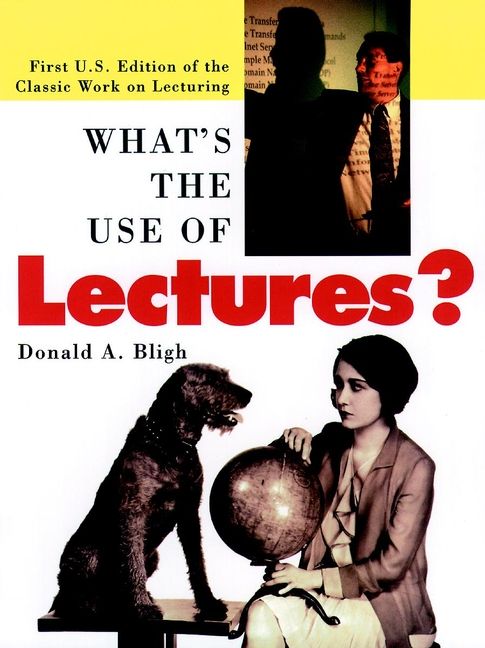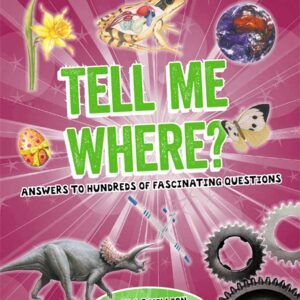“A comprehensive guide to the uses and possible abuses of thelecture method. Supported by copious research, Bligh offers awealth of practical suggestions for making lectures more engagingand effective. Written in an accessible and helpful style, What’sthe Use of Lectures? should be required reading for all collegeteachers who use this method.”<br> <br> –Stephen Brookfield, Distinguished Professor, University of St.Thomas, St. Paul, Minnesota<br> <br> “A rewarding read for anyone who lectures–experienced or not. Iwish we had a book this engaging and this informative on everyelement of the teaching art.”<br> <br> –Michele Marincovich, assistant vice provost and director, Centerfor Teaching and Learning, Stanford University<br> <br> “A source of great insight for people who teach…. Bligh has spentmore time and energy than anyone else in coming to terms with atask that bothers many teachers and trainers…. His research isimpeccable and his conclusions are immensely practical. The newedition will be much welcomed.”<br> <br> –Alex Main, founding coordinator of Academic Staff Development forthe British Universities, Murdoch University, Australia<br> <br> In this first American edition of a best-selling classic, DonaldBligh draws from decades of research and hands-on experience tohelp college and university teachers develop and use lectureseffectively. What’s the Use of Lectures? is an indispensable guidefor anyone who aspires to be a skilled lecturer and teacher. Itexamines the nature of teaching and learning in a classroomlecture–describing how students learn, how much knowledge theyretain, and how to enhance their attention and motivation. Blighbuilds on this information to share strategies for creatingorganized, thoughtful, and effective lectures. Topics includetaking notes, using handouts, practicing different formats andstyles, obtaining feedback, overcoming difficulties, evaluating thelecture, and testing alternative methods when lecturing is notadequate. Also included are tables and diagrams to illustratedifferent approaches to lecturing.
What’s the Use of Lectures?
₹2,827.00
First U.S. Edition of the Classic Work on Lecturing
This book is currently not in stock. You are pre-ordering this book.




